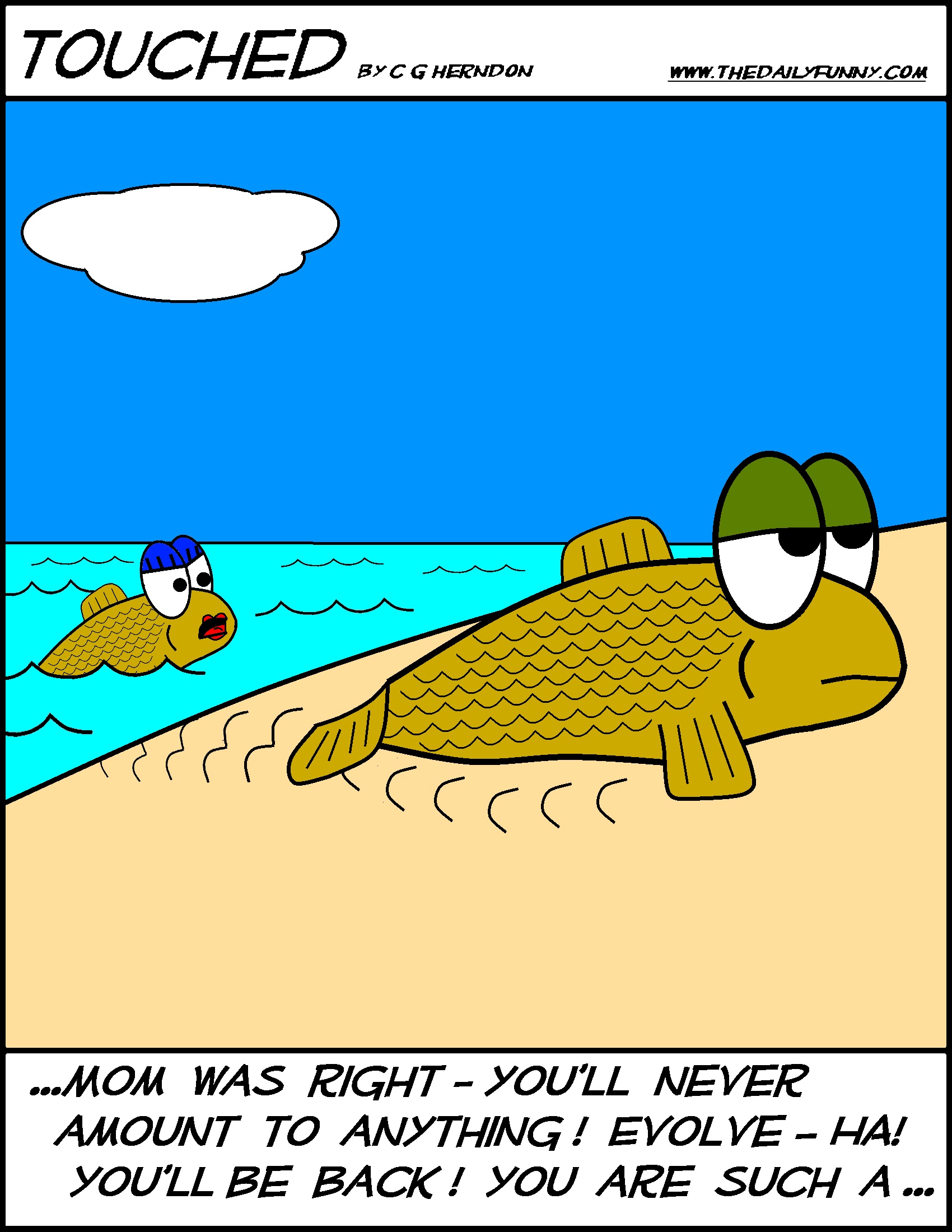|
home | what's new | other sites | contact | about |
||
|
Word Gems exploring self-realization, sacred personhood, and full humanity
A Clashing of A tendency toward Entropy How can both rule the universe?
return to "Evolution" main-page
entropy You washed and vacuumed your car a week ago, but it’s starting to look dusty and untidy again. And the gas tank is near empty, too. Your child’s room, despite your best instruction, is messy once more with toys all over the place. And wasn’t it just last summer that you painted the back porch? - and look at the fading and the dings already. It’s called the “law” of entropy: it’s the amount of disorder in a system; some scientists define it as the tendency of energy to spread out. We find things running down, disorder and chaos increasing. We don’t believe in “perpetual motion machines,” houses that clean themselves, or gas tanks that never run dry. And here’s entropy on the grandest scale possible: Scientists predict that, in 100 billion years, all the stars in the universe will have burned up all hydrogen or other fuel, and the lights will go out everywhere in the cosmos leaving a big ice block. It’s the ultimate disorder, the ultimate spreading out of energy. But wait. complexity How can the universe be led by a principle of entropy when the fossil record gives evidence of a march toward greater and greater biological complexity? Would a “lego set” of random molecules construct itself into some expression of greater complexity? Would the “law” of entropy even allow this? Where would the energy come from to create this more advanced ordering? The very term “cosmos” speaks to this conundrum, which literally means “an ordering”; as opposed to “chaos,” a “disordering.” How can you have a cosmos, with gas and dust particles forming into a complex structure that is a galaxy, if there’s also a “law” of entropy leading everything into more chaos? Some of this cavalier and hubristic notion of “things just evolve, become more complex” bothered me even as a senior in high school preparing for that speech. But it’s part of the standard-fare rationale that sells Darwinism. There’s a popular documentary – I won’t mention the name -- featuring, as one aspect of its message, traditional evolutionary biology. The speaker, someone I like and admire, derails his own coherency, however, with tortuous explanations of life’s origins; going something like this: “… and then these organic molecules, amidst lightning bolts, formed into the first cell… and then they learned how to reproduce… and then ponds dried up and the organisms needed to develop lungs to live on dry land...” – on and on in this fairy-tale concatenation. These prototypes could probably use some feet, too, if you’re going to live on land.
If your pond dries up, do you think you'll have time to develop lungs in order to survive? Well, the victims on the Titanic didn’t have time to evolve fins and gills. But this is offered as a serious proposal. With a wink, however, let’s allow this “fiat” development of lungs – where’s the law of entropy in all this? Why don’t the organisms just roll over in the dry pond-bed and die? And why don’t the gas and dust particles remain as random gas and dust particles rather than coalescing into a very complex galaxy-structure? Where’s the injection of extra energy coming from? How can we surmount the problem of entropy inherent in all aspects of a universe that’s intent upon running down?
|
||
|
|
